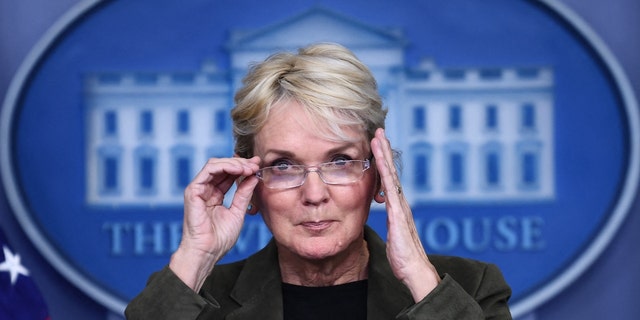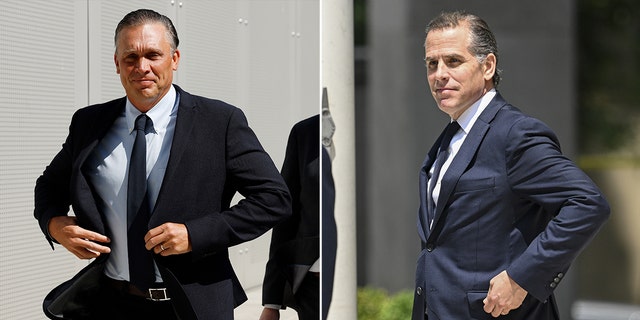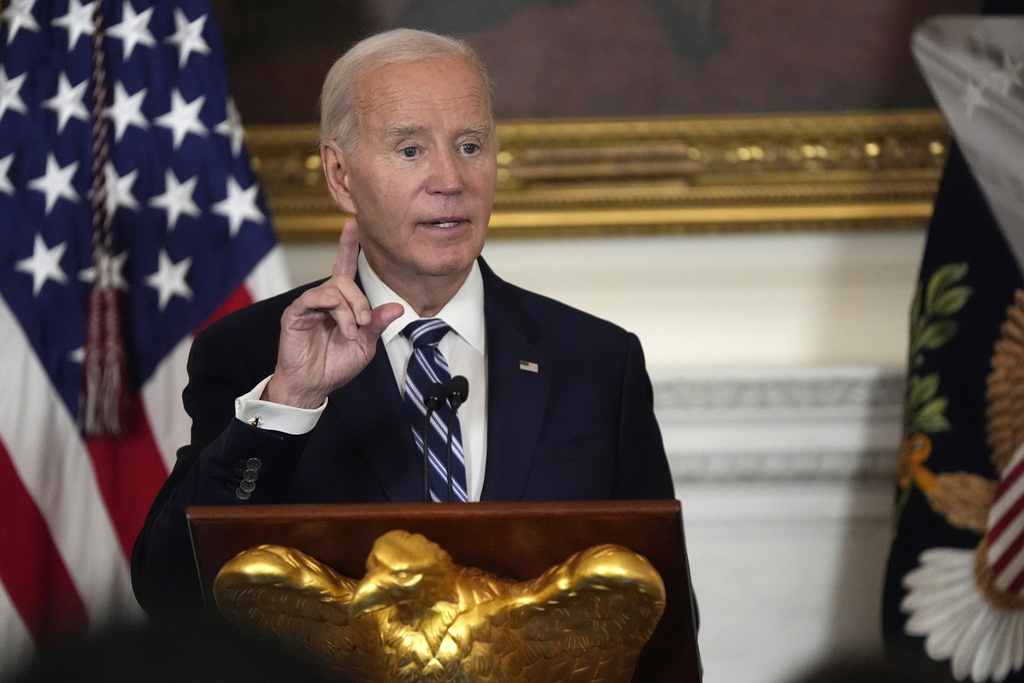Biden admin begins enforcing nationwide lightbulb bans, igniting backlash from GOP: ‘Liberal fantasies’

As part of the aggressive energy efficiency agenda, the Biden administration is introducing a ban on popular light bulbs across the country starting Tuesday.
Manufacturers and retailers are prohibited from selling incandescent light bulbs and other halogen-like light bulbs, which make up a large portion of the current supply of light bulbs. Manufacturers and retailers will be forced to sell LED alternatives, or face substantial federal penalties.
“We cannot let the Democrats leave us alone.” Rep. Bob Good (R-Va.) tweeted in response to the ban: “States must fight back.”
Rep. Andy Barr (R-Ky) added, “President Biden is continuing to push liberal fantasy through his weaponized federal agency.” The Department of Energy’s focus should be on American energy independence and not what lightbulbs can or cannot be purchased for your home or office.
|
The DOE will finalize its regulations in April 2022, several months after announcing the proposed rulemaking. This is because certain light bulbs have low energy efficiency. According to the DOE’s announcement, it is estimated that the regulations will save consumers $3 billion annually on utility bills while reducing carbon emissions by approximately 222 million tons over the next 30 years.
To ensure compliance, the DOE has been warning retailers about its ban on light bulbs for several months.
Last year, Energy Secretary Jennifer Granholm stated that the lighting industry was already adopting more energy-efficient products. This measure would accelerate progress in delivering the best products to American customers and building a brighter and better future.
According to the latest results of the Residential Energy Consumption Survey, while U.S. homes have been increasingly switching to LED bulbs since 2015, less than half reported that they use LEDs exclusively or mostly.
The federal data revealed that 47% of Americans use LEDs exclusively or mostly, while 15% use mainly incandescents or halogens and 12% use compact fluorescents (CFLs) only or mostly. Another 26% report no preference for any bulb type. The DOE banned CFL bulbs in December. This allowed LEDs to become the only legal bulbs.
The survey also shows that LEDs are more popular among households with higher incomes, so the energy regulations will have a greater impact on lower-income Americans. Only 39% of households earning less than $20,000 per year use LEDs.
In a letter sent to the DOE in 2012, a coalition of consumer and free-market groups opposed to incandescent bans stated: “We do not believe that additional regulatory interference is warranted given that there are more energy efficient lighting options, such as light-emitting bulbs, available to consumers who prefer these over incandescents.”
The groups said that the estimates of climate benefits from energy efficiency regulations are “speculative and assumption-driven” and “prone to bias when in the hands agencies with a regulation agenda.”
In April 2022, the DOE reversed a rule from the Trump administration that sought to protect incandescent bulbs, and allowed consumers to select which products they wanted to buy. The former president Donald Trump also opposed LED light bulbs, saying in 2019 that the bulbs are expensive, bad and make him look “orange.”
Environmental groups who oppose the Trump administration have praised the Biden administration’s crackdown on incandescent bulbs. Joe Vukovich of the Natural Resources Defense Council said that rules to ban inefficient light bulbs are “long overdue.”
In the past few months, DOE has released new standards for many other appliances, including gas stoves. refrigerators. dishwashers. water heaters.
According to the federal Unified Agenda – a semi-annual government list that highlights the regulations agencies intend to propose or finalize in the next 12 month – the Biden Administration is also moving forward on rules affecting dozens of other appliances. These include consumer furnaces and pool pumps as well as battery chargers, dehumidifiers, ceiling fans, and dehumidifiers.









No Comments